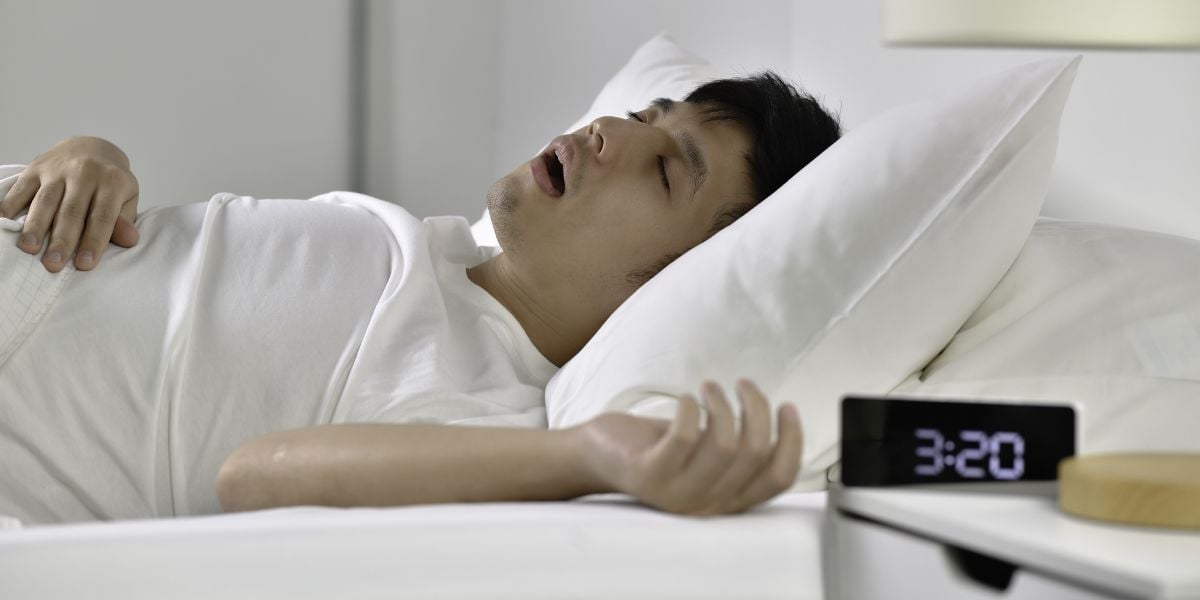Not getting enough sleep reduces the body’s immune response to vaccines, a new study has highlighted.
The research found that the effect of less than six hours of sleep a night is similar to how Covid antibodies diminish two months following vaccination.
The team behind the findings found that the effect of lack of sleep was seen strongly in men but less conclusively in women, possibly due to shifting sex hormone levels.
Senior study author Eve Van Cauter, a professor emeritus at the University of Chicago, said: “Good sleep not only amplifies but may also extend the duration of protection of the vaccine.
- Prior COVID-19 infection as effective as vaccines for preventing severe illness
- Health protection body accused of grossly inadequate monitoring of Covid-19 vaccine trials
“When you see the variability in protection provided by the Covid-19 vaccines – people who have pre-existing conditions are less protected, men are less protected than women, and obese people are less protected than people who don’t have obesity. Those are all factors that an individual person has no control over, but you can modify your sleep.”
It is well known that immune responses to vaccines can be dependent on factors including age and health, but less is understood around the impact of sleep duration as results of previous studies have been mixed.
To try and further this understanding, a team of experts, led by Dr Karine Spiegel from the French National Institute of Health and Medicine, re-examined seven studies involving participants who had been vaccinated against influenza and hepatitis A and B.
They looked at the antibody responses of those who sleep for between seven and nine hours a night and compared the results of people who sleep for less than six hours a night.
- Tuberculosis vaccine ‘limits’ severe symptoms of COVID-19 in people with type 1 diabetes, study finds
- Vaccinating children is not beneficial, researchers state
The team said: “If similar to the influenza and hepatitis vaccines…then insufficient sleep around the time of Covid-19 vaccination may reduce antibody titers in the same range as the waning of the response to the most commonly administered vaccine over two months.”
Lack of sleep had a greater impact in people aged from 18 to 60 in comparison to older adults.
Commenting on the effect in women, Dr Spiegel said: “We know from immunology studies that sex hormones influence the immune system. In women, immunity is influenced by the state of the menstrual cycle, the use of contraceptives, and [whether they have gone through menopause], but unfortunately, none of the studies that we summarised had any data about sex hormone levels.”
The study has been published in the journal Current Biology.




